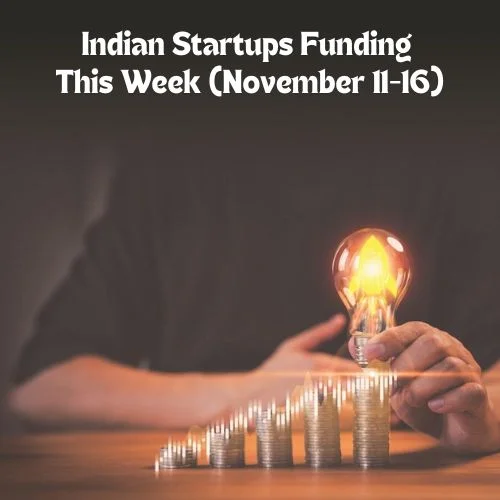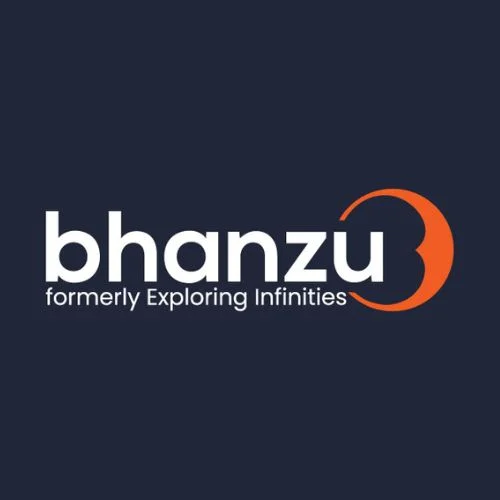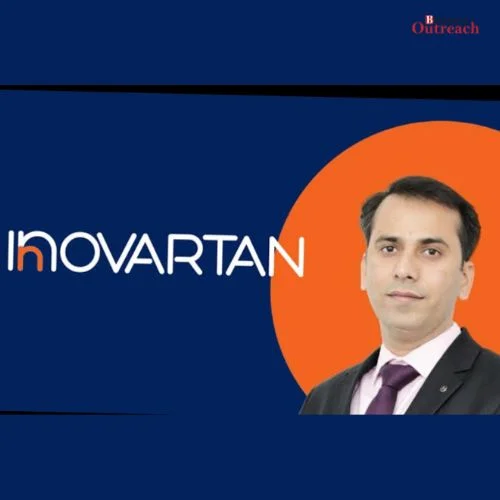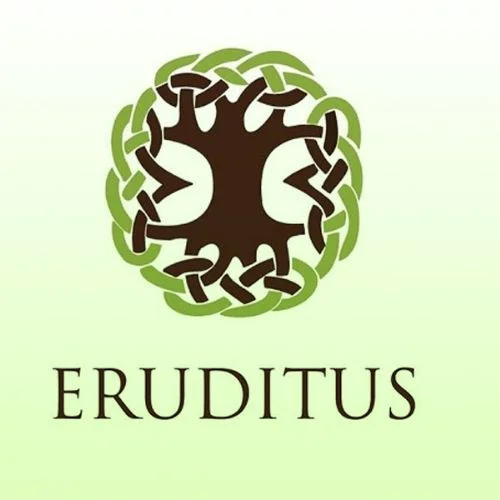Kratos Studios, a web-based game firm, reported raising Rs 160 crore in a seed round that was led by Accel and included Prosus Ventures, Courtside Ventures, Nexus Venture Partners, Nazara Technologies, and other investors.
This will be one of the largest seed rounds for an Indian firm, and its timing is significant given that investors have sharply scaled back their expectations for the funding boom of 2021.
The original valuation of the company was Rs 1,200 crore.
The co-founders of Kratos Studios, Manish Agarwal and Ishank Gupta, also recently completed the purchase of gaming firm IndiGG from Yield Guild Games (YGG) using a token swap, which is comparable to a stock swap for decentralized autonomous organizations (DAOs).
According to Agarwal, IndiGG would use the money to create a platform for its goods, help local groups, and advertise gaming teams in Web3 e-sports events.
He declared that these are the four areas where the funds will be used. We must speed up the creation of operational cash flows if we want to ensure that this fund will continue to exist and not be depleted.
According to Agarwal, if the platform’s capacity is under 5% utilized, the community will experience churn even if the company can expand the community by 100 times.
“Percentage capacity utilization is extremely essential” in a two-sided market, he continued.
Agarwal and Gupta will continue to collaborate closely. IndiGG has joined up with YGG co-founder Gabby Dizon and Polygon co-founder Sandeep Nailwal, who invested in YGG, to create the biggest gaming DAO in the entire world.
Blockchain “can fundamentally revolutionize gaming channels and accelerate growth in new industries,” claims Accel partner Subrata Mitra. We believe that this group is most suited to help players understand this principle.
Speaking about the potential challenges the ecosystem may face over the next six to seven years, Agarwal emphasized the significance of having access to top-quality games.
He said, “For us, having a variety of high-caliber games with complex advancement mechanisms is vital.”
According to him, the company has 106 games in its portfolio, of which 40–44 are in alpha-beta stage while the remaining ones are in development. “Fourteen of the 40-44 games are live on our site,” he said.
He also hinted that the platform’s development will require a consistent flow of games.
“Games were traditionally designed for a closed ecosystem, but the ecosystem is opening up as assets become more interoperable.” Also, creating an open atmosphere takes time. The current $140 billion Web2 gaming industry won’t be fully destroyed overnight. During the next 12 to 24 months, there won’t be any new, high-caliber games, he said.
Another consideration is the legislation governing virtual digital assets.
We need to understand the framework and the implementation process. Lastly, trying to play Web 3 games is met with considerable opposition. Understanding unit economics, which decides who will pay the various fees, is the last barrier to overcome. All of these challenges must be addressed, in Agarwal’s opinion, in order to bring about disruption and make countries like India gaming superpowers.















